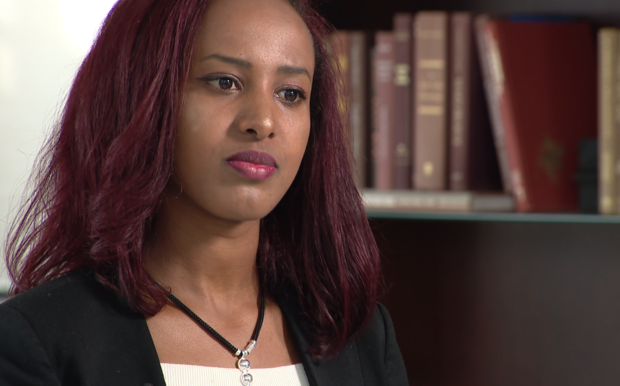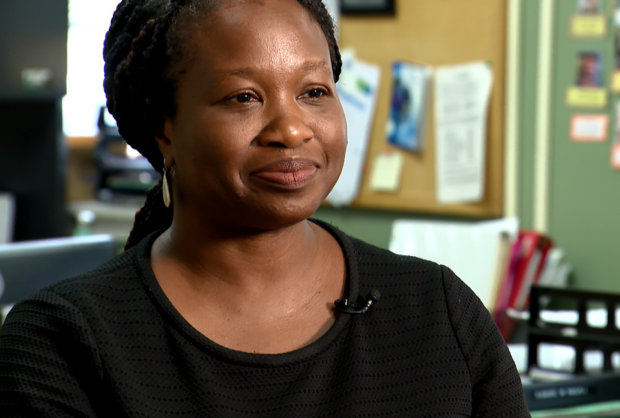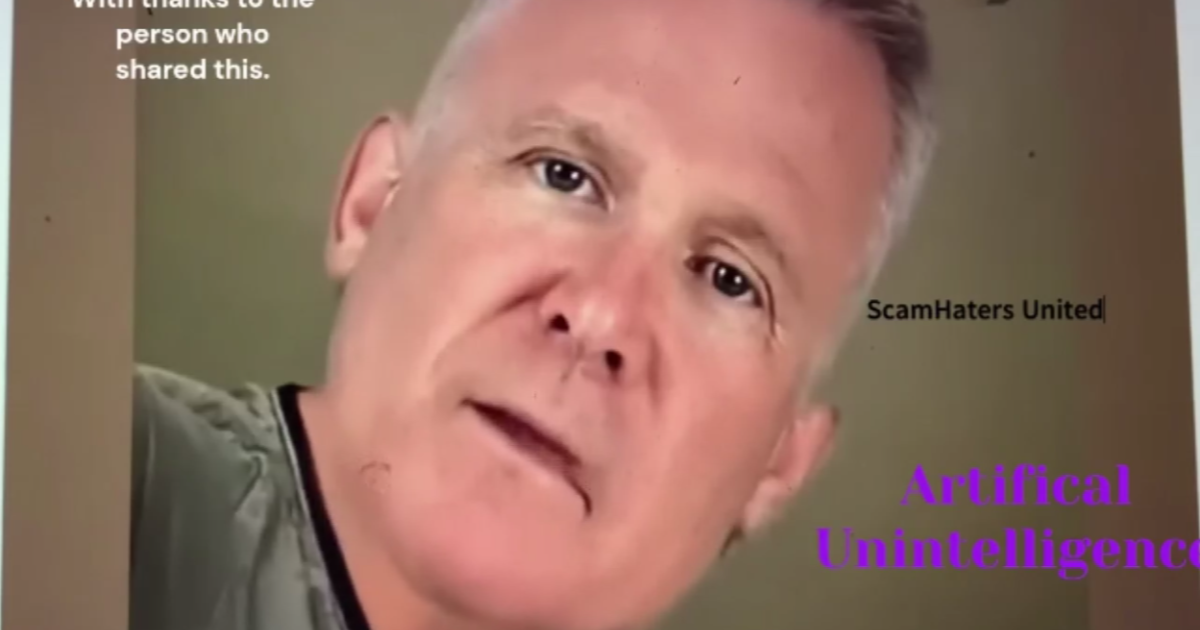Caps On Refugees Entering U.S. Strains Agencies Seeking To Help Them
CHICAGO (CBS) -- President Trump is considering allowing no refugees into the country next year.
CNN is reporting the president floated the idea in a meeting with several government departments but it's already getting push back from some officials. This also comes at a time when programs to help refugees are already struggling to survive.
Ruth Kidane fled her homeland, Eritrea, at age 15 by herself. She spent the next six years on a solo journey to safety. She fled to get medicine she needed and escape religious persecution.
She now works at Chicago's Swisshotel, welcoming visitors, two years after the United States welcomed her as a refugee.
"I was scared because I didn't want to get away from my family," said Kidane. "I was the only one to be separated from my family, actually."
"I lot of Eritreans flee the country, scared for their lives."
Kidane received almost immediate help from Chicago's Heartland Alliance and its resettlement services.
One such service is the hospitality program, which trains and places refugees like Kidane in hotel jobs throughout the city.
"They're inspiration to work hard to find a new way in a new country is really, really interesting." said Ted Selogie, the Swisshotel general manager.
"For a lot of them, that makes them feel like themselves again. It really brings back their humanity, their productivity and it brings back stability," said Nancy Joyce Callahan, vocational training coordinator at Heartland Alliance.
But many refugee resettlement programs are now struggling to survive. Lea Tienou-Gustafson, Heartland's refugee director, said that is because President Trump's administration has drastically cut the number of asylum seekers allowed into the United States.
In 2016, according to the U.S. State Department, the number of refugees was capped at 85,000. This year, just 30,000 of those already vetted and on asylum lists will be allowed to enter the United States.
"Much of the refugee funding is actually tied to the number of arrivals and so for many agencies they see a sharp decrease in funding and well as a decrease in arrivals. Some agencies are not able to stay open." said Tienou-Gustafuson.
Heartland Alliance is no exception, helping 75 percent fewer refugees than just three years ago.
"Historically, the United States took the largest number of refugees and as we've decreased our arrivals, the whole resettlement structure in the entire world has also changed," said Tienou-Gustafson. "So many more refugees are without safe housing or homes right now."
Kidane says she is grateful for her new life here. Grateful for her job. She hopes, someday, to help other refugees build new lives, too.
"We are all human beings," Kidane said "We are the same."
Resettlement experts say federal dollars are based on the number of refugees.
They say if there is a future policy change and the refugee ceiling rises, there might not be enough programs to help them.





